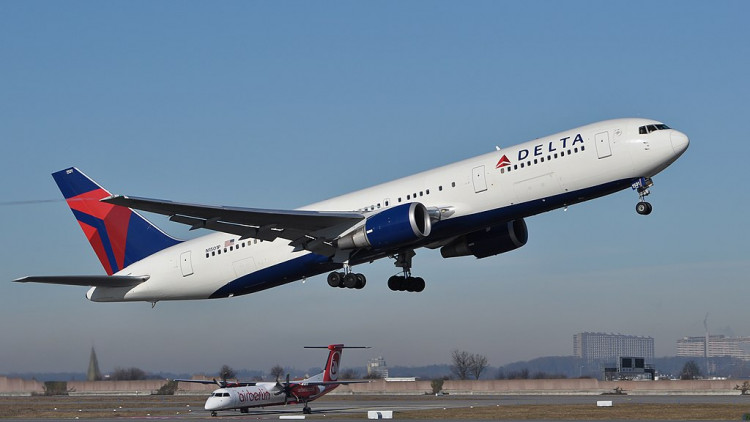The U.S. Department of Transportation (DOT) has launched an extensive investigation into the frequent flyer programs of major airlines, focusing on whether these programs are operating in ways that may unfairly disadvantage consumers. The inquiry, which targets the four largest U.S. carriers-American Airlines, Delta Air Lines, Southwest Airlines, and United Airlines-aims to assess the transparency, fairness, and potential anticompetitive practices associated with airline loyalty programs.
Frequent flyer miles have long been a valuable currency for travelers, often accumulated through flights and credit card usage. These points can be redeemed for flights, upgrades, and other services, making them an integral part of travel planning for millions of Americans. However, the DOT, under the leadership of Transportation Secretary Pete Buttigieg, is now questioning whether airlines are manipulating these programs to the detriment of consumers.
"Points systems like frequent flyer miles and credit card rewards have become such a meaningful part of our economy that many Americans view their rewards points balances as part of their savings," Buttigieg said in a statement. "But unlike a traditional savings account, these rewards are controlled by a company that can unilaterally change their value. Our goal is to ensure consumers are getting the value that was promised to them, which means validating that these programs are transparent and fair."
The investigation is particularly concerned with the devaluation of earned rewards, a practice where airlines reduce the value of points or miles after they have been accumulated by travelers. This devaluation can leave consumers with fewer benefits than they were initially promised, effectively diminishing the purchasing power of their rewards.
In addition to devaluation, the DOT is also examining the issue of hidden and dynamic pricing. This refers to the practice of airlines adjusting the price of award flights in a way that obscures the true value of points or miles. By altering prices without clear communication, airlines may be making it difficult for consumers to assess whether they are getting a fair deal when redeeming their rewards.
Extra fees are another area of concern. Airlines sometimes charge cash fees to maintain, redeem, or transfer points, which can further reduce the value of the rewards. The DOT's inquiry will look into whether these fees are being transparently communicated to consumers and whether they are justified.
Finally, the investigation will explore how frequent flyer programs are affected by airline mergers, particularly in terms of how these consolidations might reduce competition and consumer choice. Mergers can lead to the combination of loyalty programs, potentially altering the value of accumulated points or miles and limiting options for consumers.
Consumer advocacy groups have welcomed the DOT's probe, highlighting the need for greater transparency in how airline loyalty programs are managed. William J. McGee, senior fellow for aviation and travel at the American Economic Liberties Project, expressed support for the investigation, stating, "The transparency of the ground rules has evaporated behind an opaque screen, so the value of miles and points is harder than ever to discern. It's imperative the Big Four carriers fully comply with this order, so that fairness can at last be addressed in loyalty programs."
In response to the investigation, Airlines for America, the trade group representing most U.S. airlines, defended the role of frequent flyer programs in the travel industry. "Because there is fierce competition among airlines for customers, loyalty programs are a way carriers can say 'thank you' to travelers," the group said in a statement. "Millions of people enjoy being a part of various loyalty programs, which allow them to accumulate rewards to apply toward travel or other benefits. U.S. carriers are transparent about these programs, and policymakers should ensure that consumers can continue to be offered these important benefits."
The DOT has given the airlines 90 days to provide all relevant documents related to the investigation. While the department has not yet announced any specific penalties or enforcement actions, the probe underscores the increasing scrutiny that airlines are facing over their treatment of consumers.






